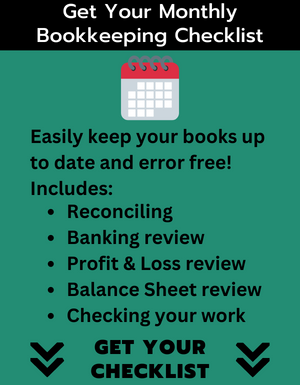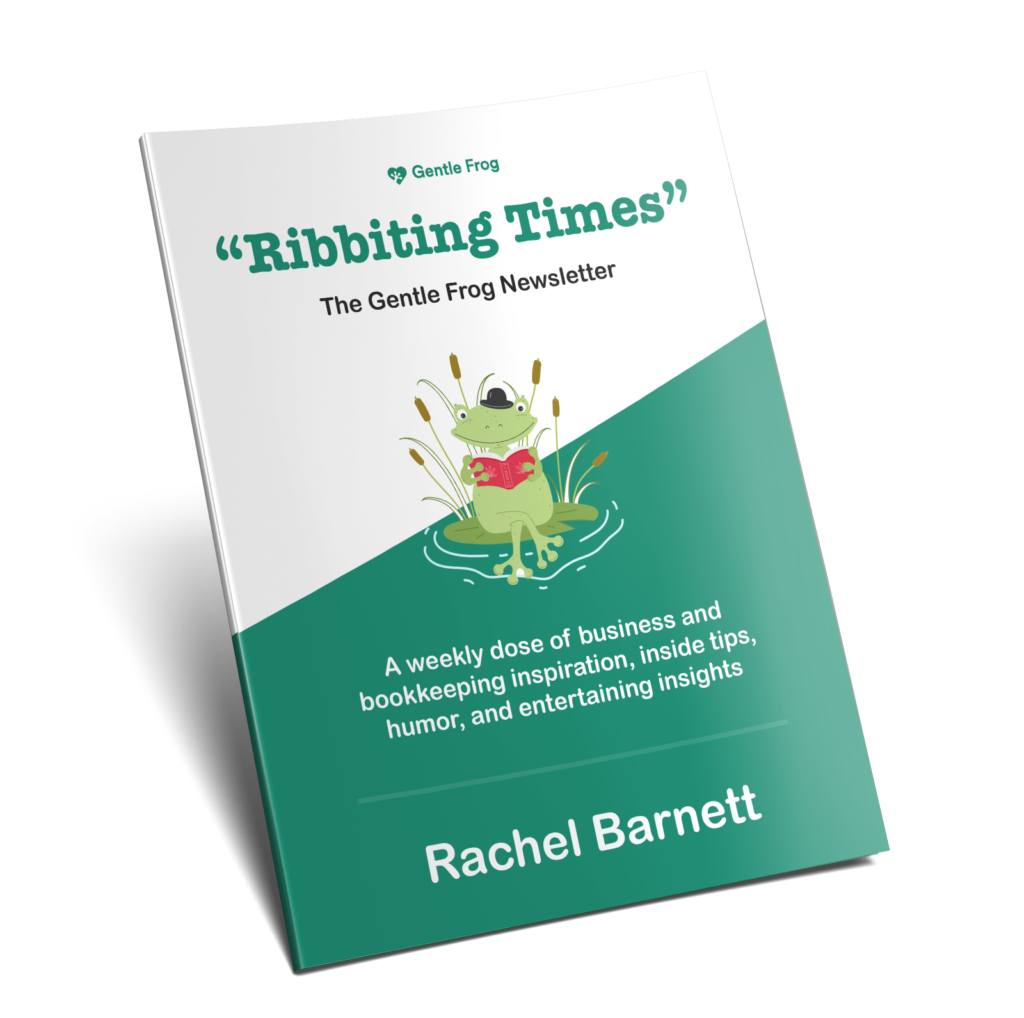Understanding the Role of a Virtual Assistant
Key Benefits of Hiring a Virtual Assistant
- Increased Productivity
By outsourcing routine and time-consuming tasks, you free up your time to focus on core business activities like product development, strategy, and client relationships. Whether managing your inbox, setting up appointments, or handling customer inquiries, a VA can handle these daily operations, allowing you to be more productive in areas that drive revenue and business growth. - Cost Efficiency
Virtual assistants can provide the support you need without the overhead costs associated with full-time employees. You don’t have to worry about expenses like office space, employee benefits, or equipment, as VAs typically work from their home offices. Additionally, many VAs offer flexible pricing models, allowing you to scale their services up or down based on your business needs, saving you money in both the short and long term. - Scalability
As your business grows, your workload increases. Hiring a VA provides a scalable solution that allows you to adjust the level of support according to demand. During peak periods, you can bring on additional VAs without committing to permanent staff, ensuring that your business operations run smoothly without the pressure of long-term hiring commitments. - Access to Expertise
Virtual assistants often bring a wide range of specialized skills, from digital marketing and graphic design to bookkeeping and project management. Hiring a VA with specific expertise allows you to tap into professional support without extensive training. This can be especially beneficial for small businesses or startups that don’t have the resources to hire full-time specialists for these roles.
What Can a Virtual Assistant Do for Your Business?
Virtual assistants are incredibly versatile and can manage a wide variety of tasks. Here are some key areas where VAs can make an impact:
- Administrative Support
VAs can handle tasks like managing your email inbox, scheduling appointments, setting reminders, and organizing your calendar. They ensure that your administrative processes run smoothly and efficiently so you can focus on higher-priority tasks. - Customer Service
Handling customer inquiries, complaints, and follow-ups can be time-consuming. A VA can manage your customer service channels, providing timely responses and ensuring that customer interactions are professional and prompt. - Social Media Management
Keeping up with social media is essential for business visibility but requires constant attention. A VA can create, schedule, and monitor posts, ensuring your social media presence remains active and engaging. - Research and Data Entry
Researching industry trends, gathering market data, and inputting data into spreadsheets or databases are tasks that a VA can easily manage. This can save you hours and ensure that you always have accurate and up-to-date information at your fingertips. - Content Creation
If you need help creating blog posts, newsletters, or marketing materials, a VA with a writing or marketing background can help. They can produce content that resonates with your audience, helping you maintain an active and informative presence online. - Financial Management
Many bookkeepers can be hired as VAs. Taking on tasks like invoicing, payroll management, and financial record keeping. They can also manage accounts payable and receivable, allowing you to stay on top of your finances without being bogged down by the details.
Choosing the Right Virtual Assistant
Finding the right virtual assistant for your business is crucial. Here are a few steps to ensure you make the best choice:
- Identify Your Needs
Before hiring a VA, list the tasks you want them to handle. Knowing what skills and services you need will help you find a candidate with the right qualifications. - Look for Experience and Specialization
Some VAs specialize in social media management, accounting, or customer service. Choose a VA whose skills match your business requirements, and don’t hesitate to ask for references or samples of their work. - Assess Communication Skills
Effective communication is key when working with a remote assistant. Ensure your VA is responsive, easy to communicate with, and can provide updates or ask questions. - Ensure Cultural Fit
You’ll work closely with your VA, so they must align with your business values and work culture. Choose someone who shares your vision and can work seamlessly with you and your team.
Getting the Most Out of Your Virtual Assistant
To ensure a successful relationship with your VA:
- Set Clear Expectations
From the beginning, define the tasks you need help with, set realistic deadlines, and communicate your expectations. - Provide Feedback
Provide constructive feedback regularly to help your VA understand how to improve or adjust their approach to better meet your needs. - Build a Relationship
While your VA may be remote, it’s important to establish a positive working relationship. Regular check-ins and open communication can help build trust and improve collaboration. - Use Project Management Tools
Tools like Asana, Trello, or Slack can help you manage tasks, monitor progress, and stay connected with your VA, ensuring that projects move smoothly from start to finish.
Conclusion
Hiring a virtual assistant can revolutionize the way you run your business. By outsourcing administrative tasks, customer service, social media management, and more, you can focus on what truly matters—growing your business.
VAs’ flexibility, expertise, and cost savings make them invaluable assets to businesses of all sizes.
To get the most out of your VA, take the time to assess your needs, communicate clearly, and build a solid working relationship.
If you’re ready to take your business operations to the next level, consider hiring a virtual assistant today—you might be surprised at just how much they can do!






